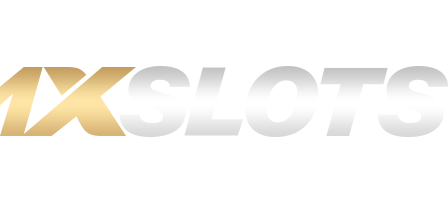ANJ has initiated a new action plan targeting sports betting operators after discovering "questionable practices" in recruiting customers for Euro 2020.
The French regulator said that €434 million were placed online during the tournament through French-licensed operators, with France totaling €88 million, averaging €22 million per match.
However, the ANJ suggested that the tournament, in which France was eliminated by Switzerland from the round of 16, was tainted with "certain abuses" by gambling companies.
“This competition highlighted the existence of questionable practices regarding sports betting, such as advertising hype, targeting young people and over-stimulating gambling,” ANJ said in a statement.
On July 20, a high-level meeting was held between ANJ and leading French operators, during which constructive discussions took place.
At this meeting, the participants agreed to "rebalance" existing practices in order to preserve the French market model, which is mainly aimed at amateur players.
“During this competition, a yellow line was crossed in terms of advertising pressure, which could jeopardize the regulatory model that has been in place for 10 years.
“It is important to dramatically and immediately reduce advertising pressure in favor of sports betting,” ANJ explained.
“Marketing communications that target young people and give the illusion of easy money are especially problematic,” the regulator added.
Following these discussions, ANJ developed a five-point action plan targeting areas including advertising, commercial bonuses (hiring offers and loyalty bonuses), identifying problem players, betting limits, and working with tipsters.
On the advertising side, ANJ officials conducted a mid-term review of the operators' advertising strategies, comparing them to strategies originally approved in January for potential violations.
In September, a full advertising consultation process will be held to develop new guidelines for ANJ operators in conjunction with the French advertising organization ARPP.
The goal, according to ANJ, is to have accurate and responsive advertising guidelines in place by the end of 2021.
In targeting the bonuses, ANJ has undertaken to conduct a detailed analysis of current market practices in France as well as practices in other European jurisdictions.
The aim of the study is to determine the conditions for "reasonable" bonuses under the ANJ regulatory framework and to assess the feasibility of increasing oversight or limiting these offers.
Although no specific immediate action will be taken to cap rates, the ANJ is currently conducting an in-depth analysis of operators' practices against the French consumer code.
Based on recommendations made by previous French regulator ARJEL, the review will be used to consider the possibility of stricter rate limits and the report will be published in September.
ANJ is also committed to sanctioning operators that generally do not comply with betting limits.
In terms of identifying and supporting problem players, ANJ will hold a workshop in September to agree on a "common and reliable" definition of problem players to serve as a guideline for licensed operators.
“ANJ has observed that this definition varies greatly from one operator to another, which tends to weaken player protection,” the regulator explained.
In terms of cracking down on so-called tipster sites or affiliates, ANJ has seized administrative and judicial powers, allowing it to crack down on what it called "deceptive commercial practices" used by those sites.
Addressing the five-point plan, ANJ President Isabelle Falk-Pierrotin said: “Euro 2020 has been extremely beneficial as it has identified and challenged the problematic practices for sports betting that the ANJ identified during its first year of existence.
“It is impossible to make young people believe that you can easily win money by betting.
“Realizing the risks that the current situation poses to the protection of the players, he [ANJ] wants to respond to them decisively and effectively.
“We will do this with an action plan that will quickly lead to the clarification of applicable rules, the possible proposal of new instruments of intervention and increased controls or sanctions,” she added.
ANJ has committed to complete all points of the plan by the end of 2021.
